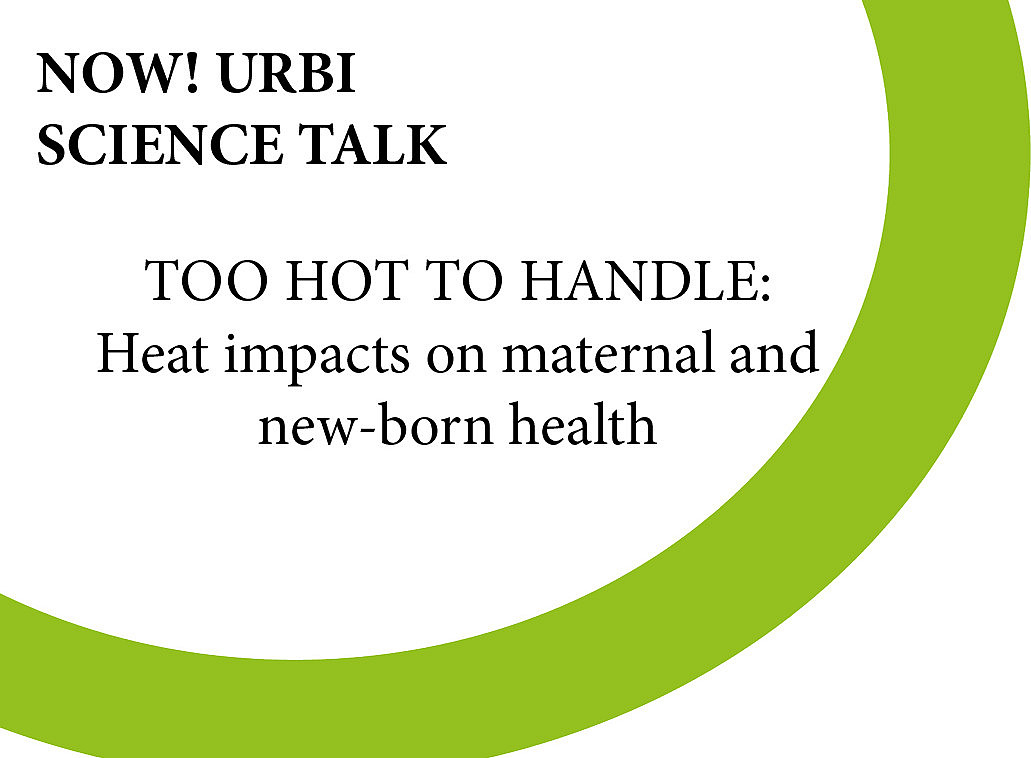When temperatures rise, more babies are born preterm and with low birth weight. Stillbirths rise. More pregnant women suffer from conditions such as gestational hypertension and gestational diabetes. Heat increases the likelihood of infant mortality as well as the risk of children developing conditions such as asthma, wasting, and diarrhea. Research also shows that those who are least responsible for the climate crisis, living in poorer settings in the global south, are most affected.
• Katharina Wieser, Uni Graz
Measuring carbon emission in healthcare facilities is increasingly becoming critical in addressing climate change due to its importance in assessing responsibilities, accountability, and sustainability. Within the HIGH Horizons project, we examine the cost-effectiveness of carbon mitigation interventions across healthcare facilities in Kenya, Zimbabwe, and South Africa, focusing on strategies that reduce environmental impact while maintaining operational efficiency. Quantifying the carbon footprint of selected healthcare facilities in Kenya, South Africa and Zimbabwe is essential for developing ‘carbon-smart’ interventions to mitigate the health sector’s ecological impact while improving quality of care services.
• Jetina Juliet Tsvaki, Centre for Sexual Health, HIV and AIDS Research (CeSHHAR) Zimbabwe, guest researcher at the University of Graz in the Coimbra Group Scholarship Programme
Wegener Center for Climate and Global Change
Thursday, November 27, 2025
3.30 pm
SR 56.11, Brandhofgasse 5, 8010 Graz
